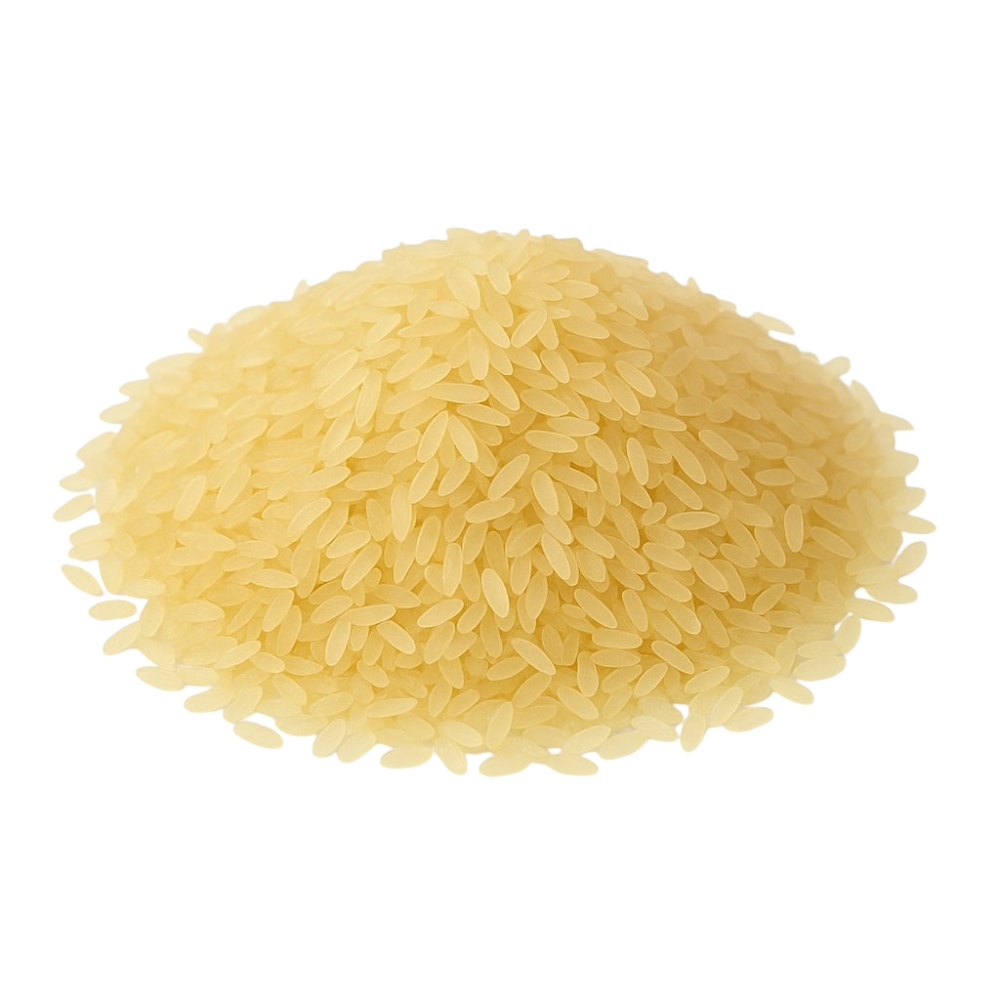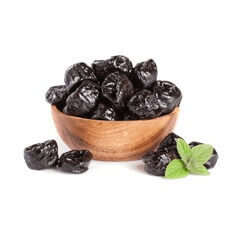Brown Parboiled Rice
- Home
- Rice

Brown Parboiled Rice
Brown parboiled rice is rich in nutrients and digests effectively, keeping blood sugar levels stable. It can be a healthier option for people with diabetes, gluten intolerance, or digestive sensitivities. Brown parboiled rice provides higher amounts of fiber, magnesium, potassium, and B vitamins compared to white rice. These nutrients support heart health, lower cholesterol, and help maintain steady energy levels. Choosing brown parboiled rice is a simple way to move toward a more balanced and nutritious lifestyle.
There are a lot of dishes in the Middle East and South Asia that rely on brown Parboiled Non Basmati Rice as well as other countries. This custom has been handed down for generations because of its health advantages. Some of the advantages include:
- You can eat more without overindulging or feeling hungry.
- Contains high amounts of fiber
- Fibers assist with weight loss by reducing calorie absorption.
- Bowel movements are also improved.
Parboiled Non Basmati Rice is graded on the basis of its shape, texture, aroma, and low breakage. It should be stored in a dry, cold location away from direct sunlight to prevent color change or infestations.
Preparing Non Basmati Rice is a lot more complicated in each region; people prepare their rice in a unique manner to give their dishes the desired texture and flavor. Brown Parboiled Non Basmati rice may be prepared in a variety of ways, one of which is as follows:
- The rice is soaked with lots of water for 30 minutes to eliminate any excess starch.
- Then, you need to drain any excess water.
- Add the soaked rice to the pot with 2 cups of water, a little oil, and salt to your taste.
- Bring the mixture to a boil, covering it and lowering the heat to medium-low.
- Cook for 15 minutes. After 15 minutes, remove the lid and let the water boil off.
- Fluff the rice with a fork and you are finished.
It is critical to clean rice thoroughly in order to eliminate any dust from it. Individuals with allergies or dietary restrictions should consult with a medical professional to discover the correct quantity of Basmati rice to consume daily, if applicable. SGS, ISO 9001, and Vegan certifications have been issued for all of basmati rice varieties.










